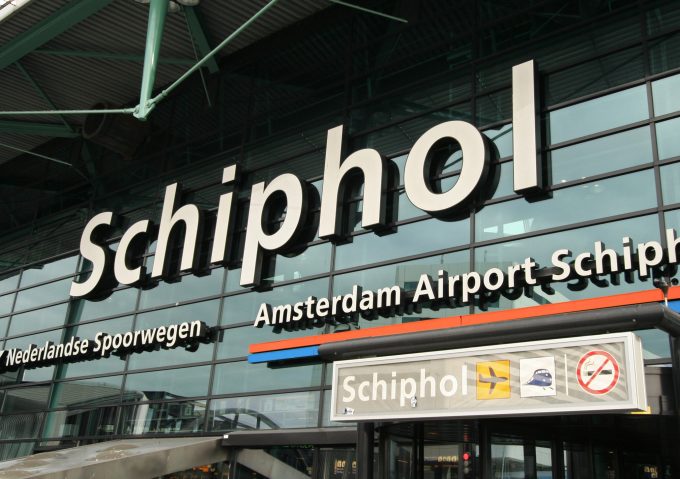Delayed arrival of freighters may prevent 'a bloodbath' in air cargo market
Only a trickle of large widebody freighters will join the global fleet this year and, ...

Amsterdam Airport Schiphol is to increase the charges for freighter flights by a minimum of 29% from April 1, while the minimum increase for passenger flights will be 44%.
Yesterday it published its fee increases for the next three years: 2019 is set to see the highest increases ...
CMA CGM South Korean staff strike over bonuses after bumper 2024 profit
MSC switches two more Asia-Europe port calls from congested Antwerp
Ports and supply chain operators weigh in on funding for CPB
Nightmare for Bangladeshi exporters as congestion and tariffs bite
Carriers introduce surcharges as congestion builds at African ports
Box ship overcapacity threat from carrier appetite for new tonnage
CMA airline returns two freighters, while ANA takeover of NCA looms
Tradelanes: Export boom in Indian sub-continent triggers rise in airfreight rates

Comment on this article